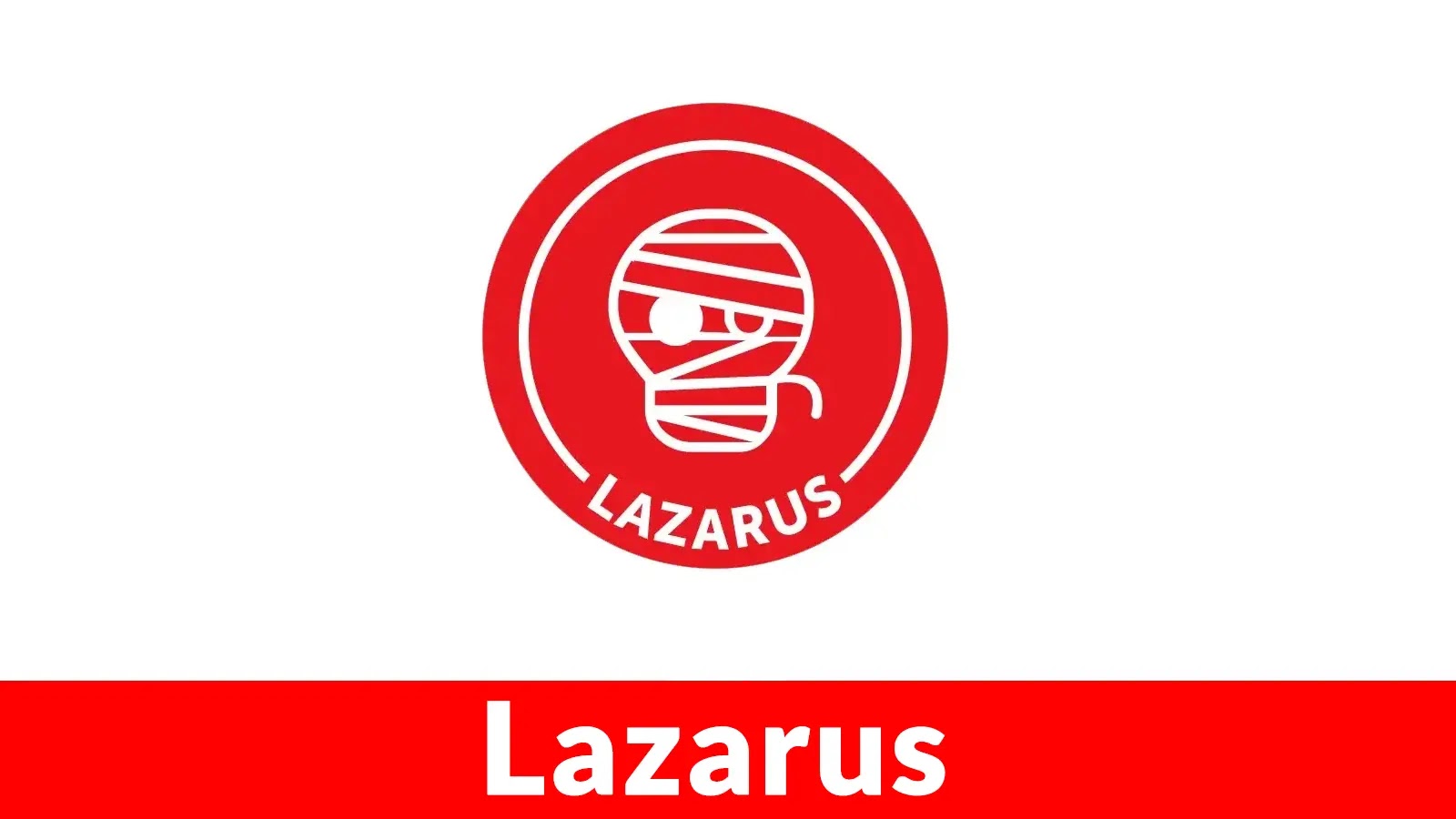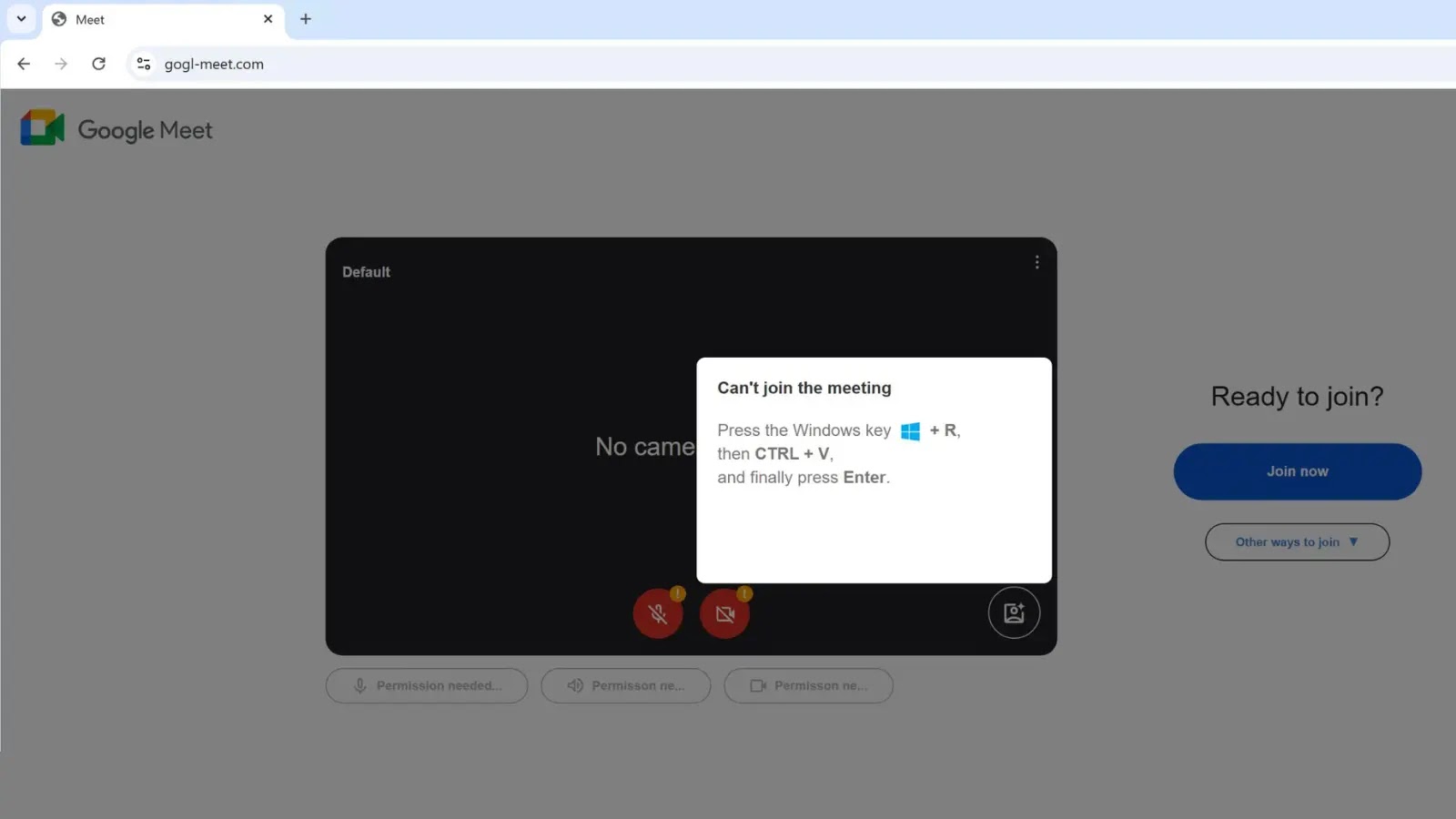Lazarus Group’s ScoringMathTea RAT: A New Era in Cyber Espionage
The Lazarus Advanced Persistent Threat (APT) Group, a cybercrime organization with alleged ties to the North Korean government, has unveiled a sophisticated Remote Access Trojan (RAT) named ScoringMathTea. This development marks a significant escalation in their cyberattack capabilities, particularly targeting companies involved in Unmanned Aerial Vehicle (UAV) technology.
Operation DreamJob: A Strategic Espionage Campaign
ScoringMathTea was identified as part of Operation DreamJob, a campaign orchestrated by Lazarus to infiltrate and exfiltrate sensitive information from defense organizations across Central and Southeastern Europe. The primary objective appears to be the theft of critical production knowledge and intellectual property related to UAV technology, aligning with North Korea’s ambitions to enhance its drone program.
Sophisticated Distribution Mechanisms
The deployment of ScoringMathTea involves two distinct kill chains, each meticulously designed to ensure successful infiltration:
1. Social Engineering via Fake Job Offers: Lazarus operatives initiate contact with targeted individuals through professional networking platforms like LinkedIn. They pose as recruiters offering lucrative positions in the UAV industry. Once trust is established, victims are persuaded to download malicious files disguised as job-related documents or applications. This method exploits the trust inherent in professional networks to deliver the malware payload.
2. Trojanized Open-Source Software: The group has been observed embedding malicious code into legitimate open-source projects hosted on platforms like GitHub. By compromising software such as TightVNC Viewer, MuPDF reader, and plugins for WinMerge and Notepad++, they ensure that the malware inherits the trusted appearance of these applications, thereby increasing the likelihood of successful execution.
Technical Capabilities of ScoringMathTea
ScoringMathTea is a C++-based malware that provides operators with comprehensive control over compromised systems. Its capabilities include:
– Remote Command Execution: Operators can execute arbitrary commands on the infected machine, allowing for extensive manipulation and control.
– In-Memory Plugin Loading: The malware can load additional modules directly into memory, enabling the execution of further malicious activities without leaving traces on the disk.
– Persistence Mechanisms: ScoringMathTea employs various techniques to maintain long-term access to infected networks, including modifying system registries and creating scheduled tasks.
Evasion Techniques and Obfuscation
To evade detection by security systems, ScoringMathTea incorporates multiple layers of obfuscation and advanced evasion techniques:
– String Obfuscation: The malware uses a custom polyalphabetic substitution cipher with chaining to deobfuscate strings at runtime. This method complicates static analysis and hinders the extraction of meaningful information from the code.
– Dynamic API Resolution: Instead of calling Windows APIs directly, ScoringMathTea resolves APIs at runtime using a custom hashing algorithm. This approach bypasses traditional API hooking mechanisms employed by security software, making detection more challenging.
– Encrypted Communication: The malware communicates with its command and control (C2) servers over HTTP or HTTPS using multi-layered encryption. Payloads are compressed, encrypted using TEA or XTEA algorithms in CBC mode, and then Base64 encoded. Additionally, it spoofs legitimate Microsoft Edge browser user agents to blend its traffic with normal network activity, further evading detection.
Reflective Plugin Loading: A Stealthy Approach
One of the most notable features of ScoringMathTea is its reflective plugin loading capability. This technique allows the malware to download and execute arbitrary code entirely within memory, without writing files to disk. By manually implementing the Windows Loader and including an inline CRC32 checksum verification, it ensures the integrity of the loaded modules and detects any tampering attempts.
Implications and Recommendations
The emergence of ScoringMathTea underscores the evolving sophistication of state-sponsored cyber threats. Organizations, especially those in the defense and aerospace sectors, must remain vigilant and adopt comprehensive security measures to mitigate such risks.
Recommendations include:
– Enhanced Employee Training: Educate staff about the dangers of social engineering attacks, particularly those involving unsolicited job offers or communications from unknown recruiters.
– Regular Software Audits: Conduct thorough reviews of all software, especially open-source tools, to ensure they have not been tampered with or compromised.
– Advanced Threat Detection Systems: Implement security solutions capable of detecting and responding to sophisticated malware that employs advanced evasion techniques.
– Network Monitoring: Continuously monitor network traffic for unusual patterns or communications with known malicious domains.
By adopting a proactive and layered security approach, organizations can better defend against the advanced tactics employed by groups like Lazarus and protect their critical assets from cyber espionage.



